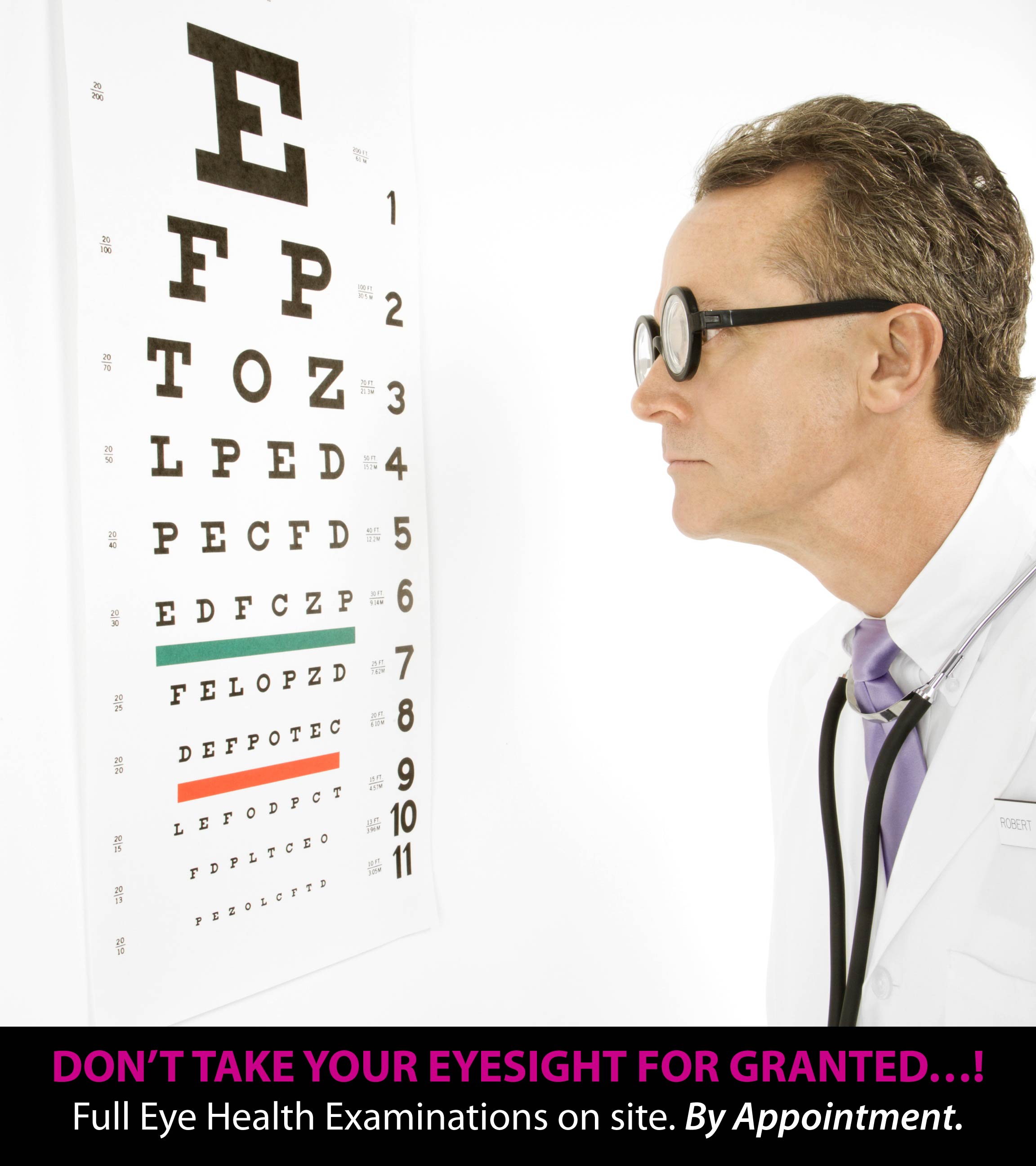
Macular Degeneration
Macular degeneration is an eye disease, which causes central vision loss usually after age 50. The macula is the center portion of the retina and is referred to as the 20/20 eyesight area. When this macula area becomes compromised the vision becomes very distorted. There are two types of macular degeneration: dry and wet. Eye doctors use various examination methods and instrumentation to examine the macula to make a diagnosis. Risk factors for macular degeneration are:
- Over age 60
- Smoking
- Obesity
- Caucasian
- Female
- Family history
Having an annual eye exam is important for adults to allow the doctor to examine the macula and to measure vision. New research has shown that certain vitamins and proper sunglass protection for ultraviolet sunlight exposure may be helpful to lessen the risk of macular degeneration. New treatments for macular degeneration have shown promise for saving and, in some cases, improving eyesight. Early diagnosis and continued observation by an eye doctor is crucial to protecting eyesight in macular degeneration patients.





